In new wave of sanctions, EU to phase out Russian oil, says report
The European Union is set to propose a phased-out ban on Russian oil imports as part of a new round of anti-Russia sanctions amid reservations by some bloc members.
The European Commission, which draws up sanctions for the continental bloc, is presently preparing a draft of the proposal that could be put to the 27 member states as early as Wednesday, AFP reported Sunday, citing diplomatic sources.
The commission will recommend introducing the ban over six to eight months to allow countries time to diversify their supply, the report quoted sources as saying.
The proposal needs unanimous consent of EU member states and could still be derailed, with Hungary likely to voice opposition as it remains highly dependent on Russian oil.
Austria, Hungary, Italy, and Slovakia have also expressed reservations about the idea of an oil embargo, according to diplomats cited in media reports.
Several diplomats said the proposed ban was made possible after a U-turn by Germany, which had expressed concerns that the measure would do too much harm to its economy, AFP said.
But other members of the bloc fear that the oil ban would lead to price hikes at the pump at a time when consumer prices are already rising due to the war in Ukraine.
"We must be very attentive to market reactions," one EU official was quoted as saying in the report. "There are solutions and we will get there in the end, but we must act with great care."
Pushing for the ban, EU foreign policy chief Josep Borrell insisted that Russia was intensifying its attacks in Ukraine, which made new sanctions "absolutely essential.”
"We must use our economic and financial abilities to make Russia pay the price for what it’s doing," he argued.
EU energy ministers are due to discuss the ban during their talks in Brussels on Monday, though they will not sign off on the decision.
The embargo is expected to affect Russian oil transported by tankers more quickly than oil coming by pipeline, which could take a matter of months.
In both cases, however, the bloc will likely allow its members to wind down existing contracts with Russian oil companies as it did with its coal ban.
As the oil embargo is phased in, EU officials say the bloc would seek to make up the shortfall by increasing imports from other sources, such as Persian Gulf countries, Nigeria, Kazakhstan, and Azerbaijan.
Even though Russia exports two-thirds of its oil to the EU, the US has expressed reservations about an outright ban, with its Treasury Secretary Janet Yellen warning that the move may have little impact on Russia since it would push up prices for its remaining exports.
According to diplomats cited in the report, this sixth package of anti-Moscow sanctions will also target Russia's largest bank, Sberbank, which will be excluded from the international Swift messaging system.
Gas imports from Russia will remain untouched, with hugely dependent Germany promising to wean itself off Russian gas by mid-2024.
EU ministers hold crisis talks over Russia's gas cuts
The development comes as EU energy ministers are set to hold emergency talks on Monday as the bloc struggles to come up with a unified response to Moscow's demand that European buyers pay for Russian gas in roubles or face their supply being cut off.
Russia halted gas supplies to Bulgaria and Poland last week after they declined to meet its demand for payment in roubles, triggering fears that other EU countries, including Europe's gas-reliant economic powerhouse Germany, could be next.
With many European companies facing gas payment deadlines later this month, they have a pressing need to clarify whether companies can continue purchasing the fuel without breaching the bloc's sanctions against Russia.
Moscow has said foreign gas buyers must deposit euros or dollars into an account at the privately-owned Russian bank Gazprombank, which would convert them into roubles.
The European Commission has advised EU states that complying with Russia's scheme could breach EU sanctions, while also suggesting that countries could make sanctions-compliant payments if they declare the payment complete once it has been made in euros and before its conversion into roubles.
While Bulgaria and Poland have refused to engage with Moscow's scheme, Germany has reiterated the Commission's workaround to allow companies to pay.
Hungary has also underlined that buyers can engage with Russia's mechanism.
After Bulgaria, Denmark, Greece, Poland, Slovakia, and others last week urged clearer advice, Brussels is drafting additional guidance.
Payments in roubles can help Russia's economy to avert the impact of sanctions, believe experts.
EU countries have so far paid more than 45 billion euros ($47.43 billion) to Russia for gas and oil since it began its military operation in Ukraine on February 24, according to Finland-based research organization Center for Research on Energy and Clean Air.
Russia supplies 40 percent of EU gas and 26 percent of its oil imports, a dependency that led Germany and others to resist calls for an abrupt halt to Russian fuel imports for fear of economic repercussions.
Dependency on Russian gas varies between countries, but analysts believe an immediate total cut-off of Russian gas would plunge countries, including Germany, into recession and require emergency measures such as factory closures to cope.
‘Law of jungle’: China says Israeli-US aggression against Iran must stop
Iran says committed to regional security; retaliatory attacks only target Israel, US assets
'Blatant war crime': Iran denounces US-Israel strikes on Gandhi hospital in Tehran
IRGC spox: 650 casualties for US military in two days as Iran missiles force aircraft carrier to fle
Tehran warns of false-flag operations, says Israel ‘undoubtedly’ seeking to widen war
New wave of attacks devastates key US base in Bahrain as Iran strikes back
Melania Trump chairs UN children's meeting as Iran buries kids killed in US-Israeli attack
Why Iran’s Leader refused special protection, leading from the front until last breath


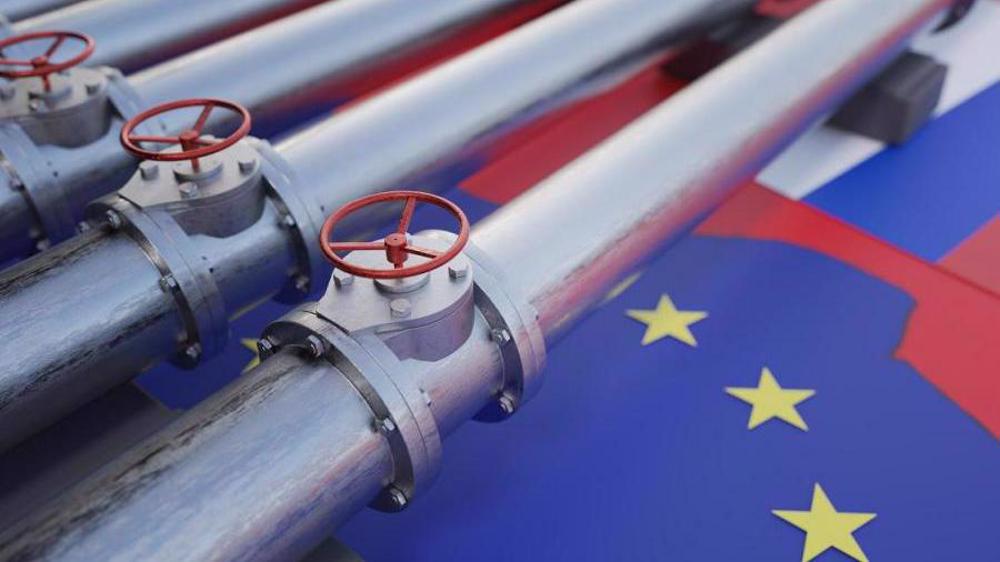

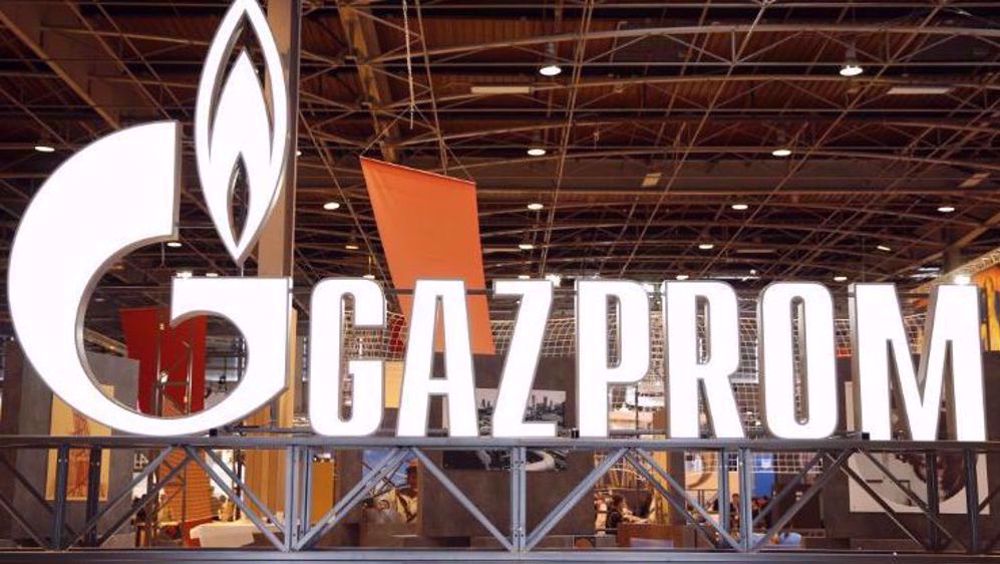
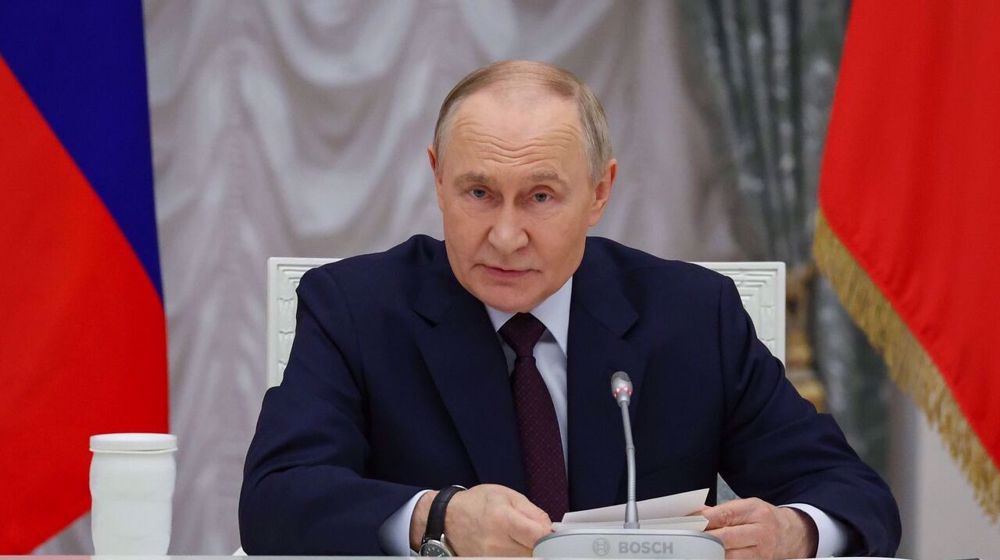
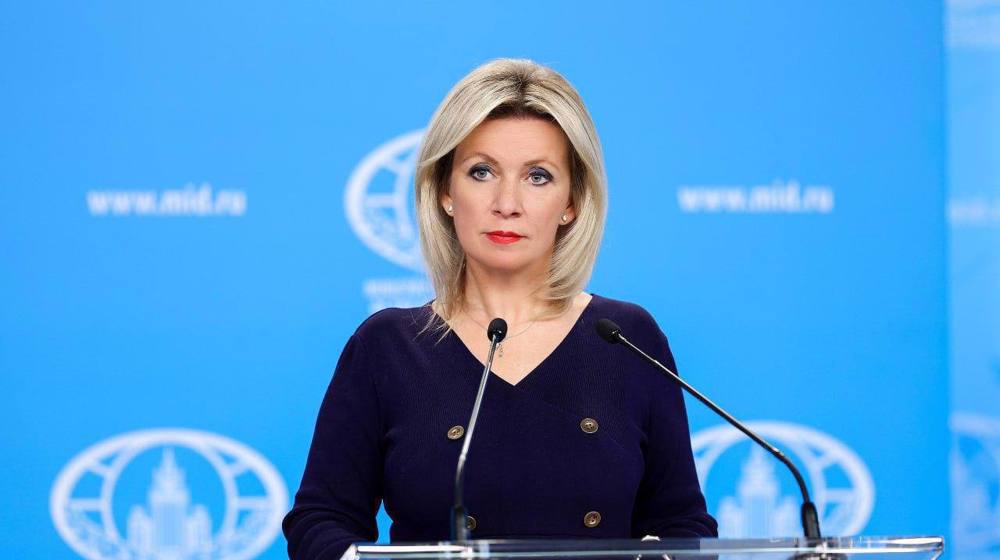
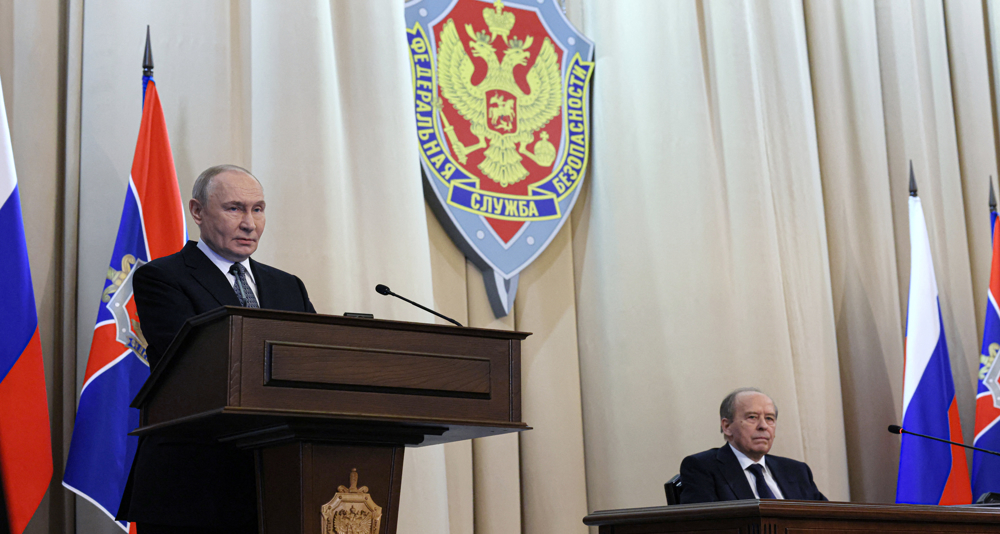



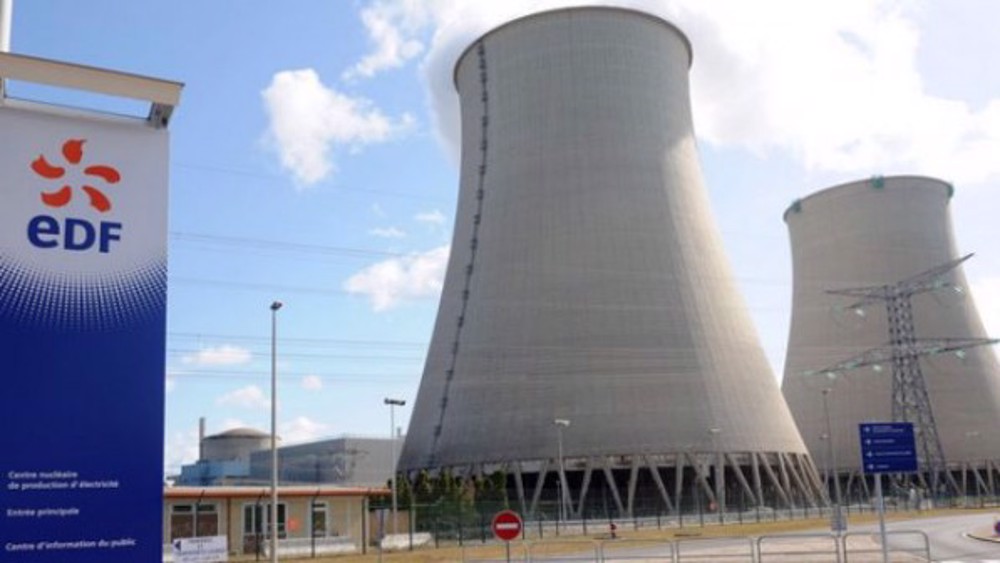
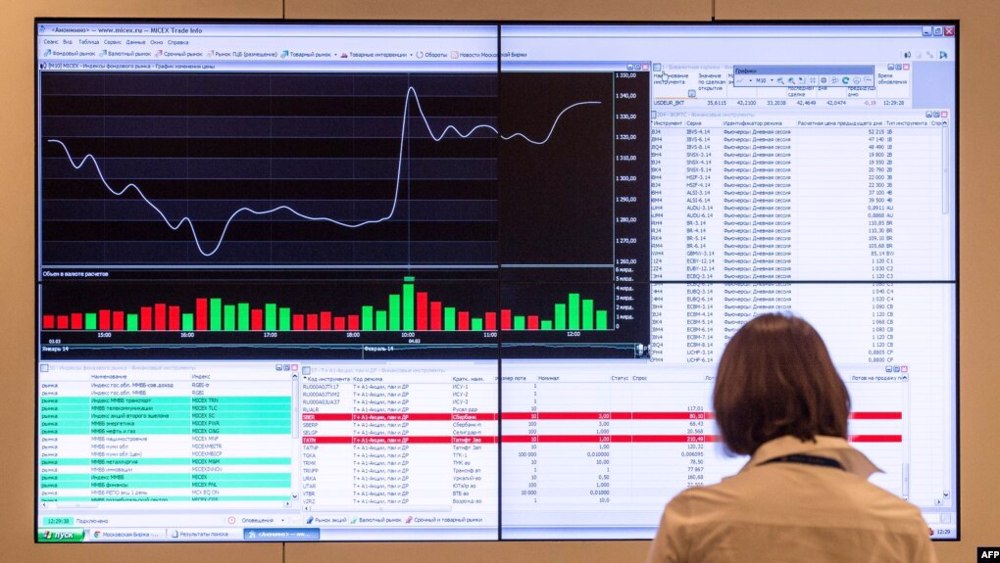
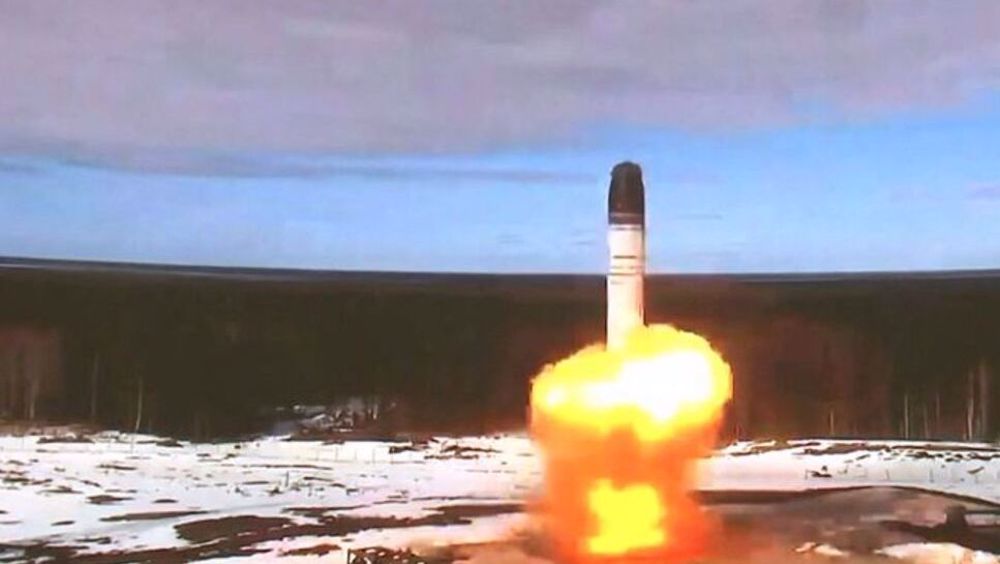
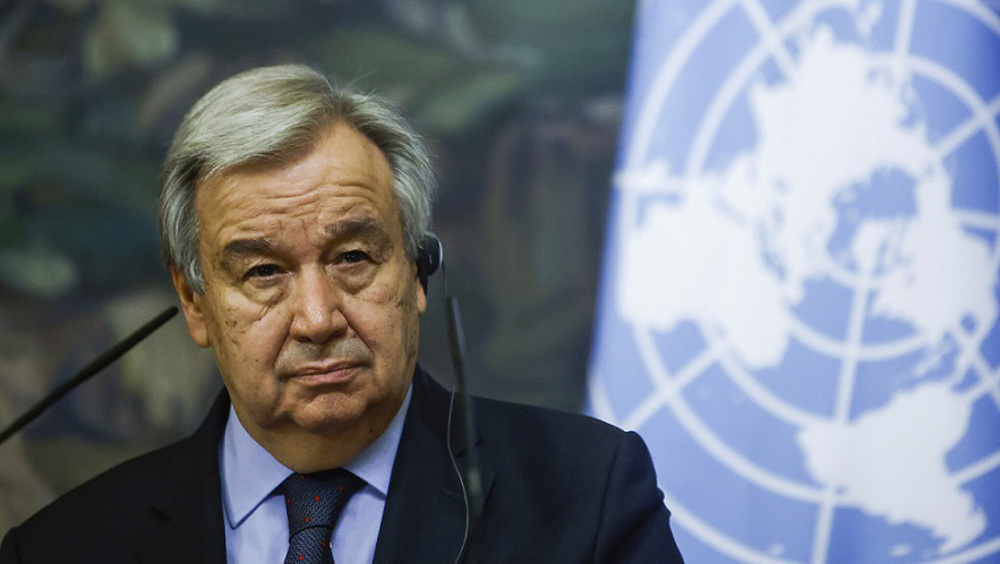
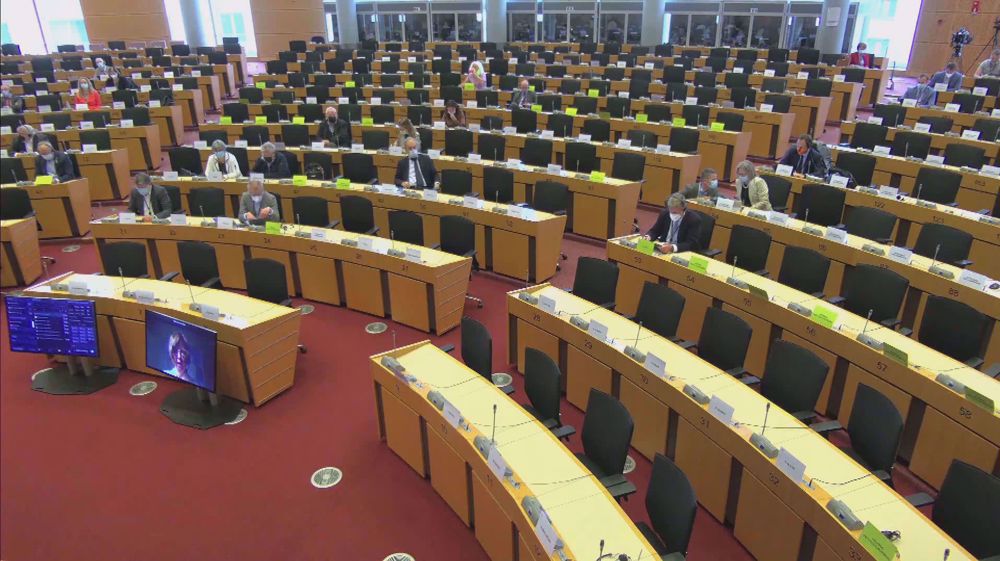

 This makes it easy to access the Press TV website
This makes it easy to access the Press TV website